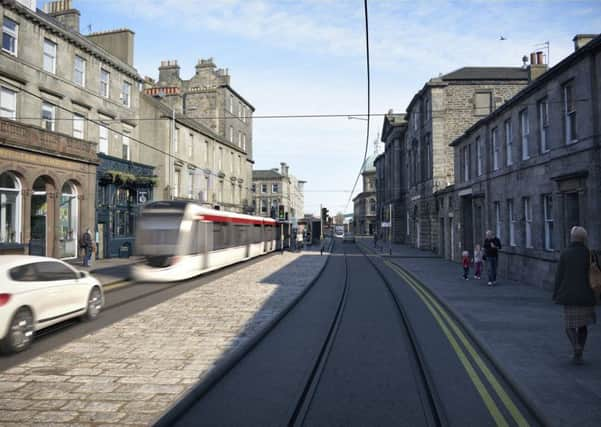Professor Tom Rye: Why has the Edinbugh tram extension cost soared and is it a problem elsewhere?


This means that for every pound spent, the tram is now predicted – over a 60 year period, and if its benefits stay the same – to deliver £1.30 rather than the originally forecast £1.64.
Setting aside the fact that most of this is actually travel time savings that put no additional real money in anyone’s pocket, we must ask: are such cost escalations inevitable, and do they happen on this scale elsewhere?


Advertisement
Hide AdAdvertisement
Hide AdSeminal academic research by the world expert in this area, the unlikely-named Bengt Flyvberg, is clear: worldwide, cost overruns are the norm in transport projects.
A 2002 review of 258 road, rail, bridge and tunnel projects found an average cost overrun on project completion of 28 per cent, but 45 per cent in rail (closest to tram).
His more recent work has confirmed these findings; based on this, we could reasonably expect tram extension costs to rise further, and a 45 per cent increase would bring total costs dangerously close to total benefits.
So why do cost overruns happen? Other research identifies the following key factors: poor identification and limiting of project risks; lack of clear objectives, and changing project scope; and poor accountability and transparency within the project.
No doubt the Council’s staff and consultants feel that they are managing all these issues, but Flyvberg points out that project planners worldwide are systematically over-optimistic about their ability to do so, and this is why cost overruns continue.
Finally, there is no research that shows that cost overruns in the UK are larger or more usual than elsewhere, but what is absolutely clear is that what we pay for trams, and other transport infrastructure, is hugely more than in Germany, Sweden, Austria, France, Norway and other northern European countries: instead of the predicted £44 million per km for the Newhaven extension, German cities typically pay £15-£20 million, so any percentage overrun is of course less in cash terms. The reasons for these cost differences could be the topic of another article.
